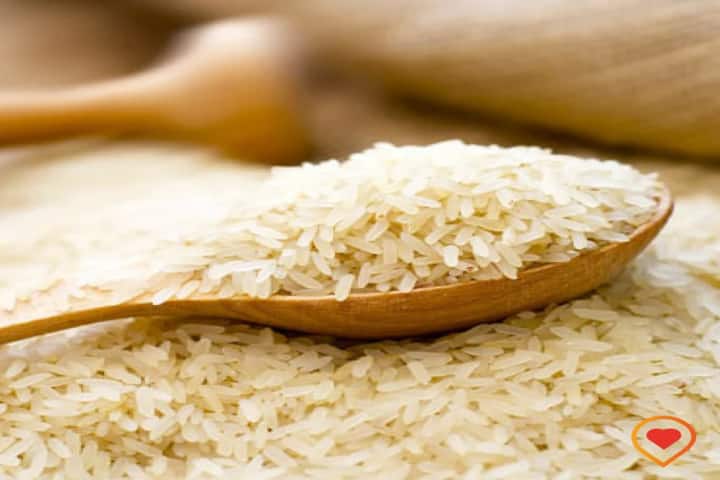There is good news for diabetes patients in India as scientists have claimed that Joha rice which is cultivated in Northeast parts of the country is effective in lowering the blood glucose and preventing diabetes onset. The rice bran oil, a patented product, made from the grain, they said is effective in diabetes management.
While it was widely claimed that Joha rice is an apt and effective choice for management of diabetes and cardiovascular diseases, this assertion required scientific validation. That is what scientists at the Institute of Advanced Study in Science and Technology which is an autonomous institute of the Department of Science and Technology located in Guwahati, Assam, did by studying this variety of rice.
The scientists Rajlakshmi Devi and Paramita Choudhury in their research explored the Joha rice’s nutraceutical properties or the physiological benefit or its protective features against chronic disease.
The researchers through vitro laboratory analysis found that the Joha rice had two unsaturated fatty acids. These are linoleic acid (omega-6) and linolenic (omega-3) acids which are basically fatty acids that the human body can’t produce and they greatly assist in maintaining various physiological conditions.
Omega-3 fatty acid prevents several metabolic diseases such as diabetes, cardiovascular diseases, and cancer.
During the experiment, it was found that Joha was effective in lowering the blood glucose and preventing diabetes onset in diabetic rats.
Going further, the scientists also discovered that scented Joha rice has a more balanced ratio of omega-6 to omega-3 in comparison to the widely consumed non-scented variety.
This rice has several additional benefits. It is rich in several antioxidants, flavonoids, and phenolics.
Joha rice variety is a short-grain winter paddy which is well known for its distinct and significant aroma and delicate and excellent taste. Assam is the largest cultivator of this rice and it is widely cultivated in Garo Hills.




















